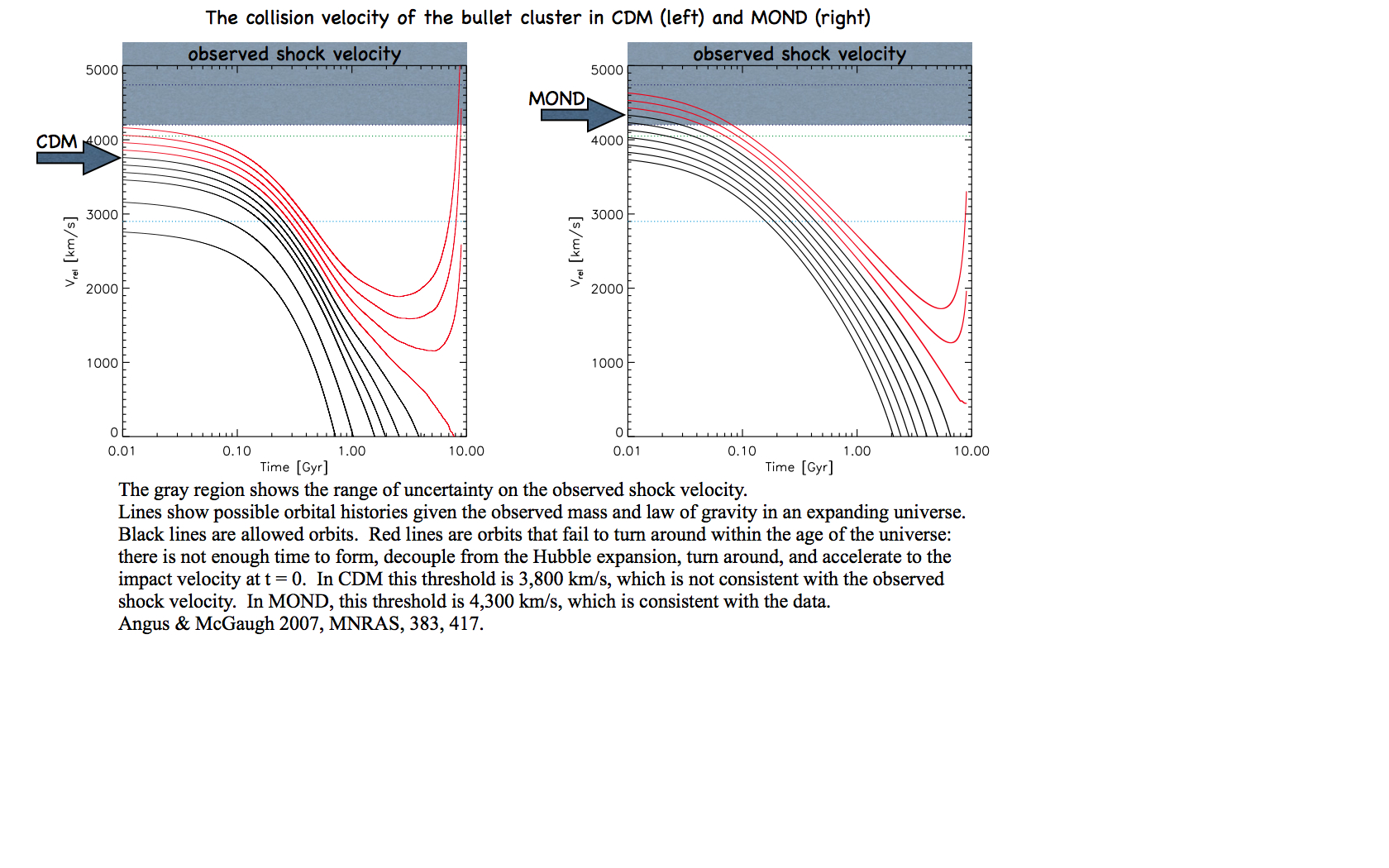
I had written most of the post below the line before an exchange with a senior colleague who accused me of asking us to abandon General Relativity (GR). Anyone who read the last post knows that this is the opposite of true. So how does this happen? Much of the field is mired in bad ideas that seemed like good ideas in the 1980s.







